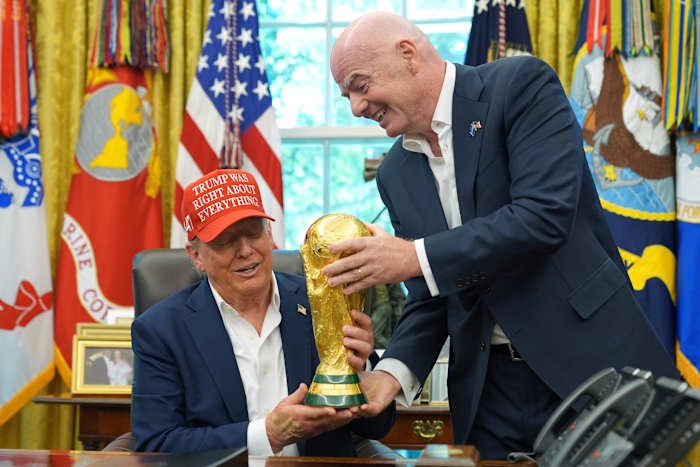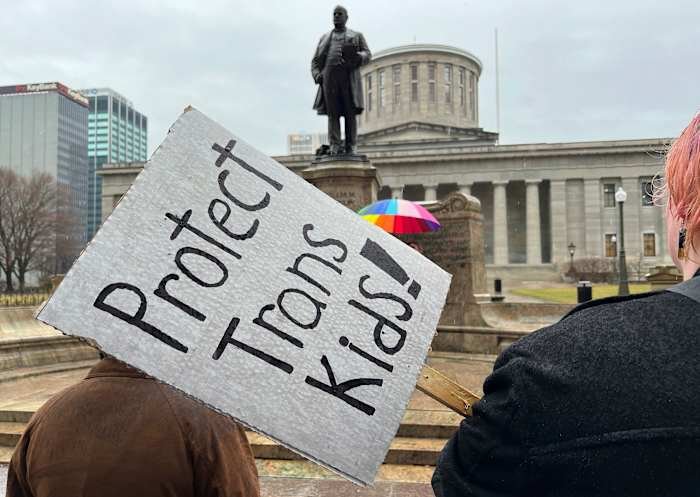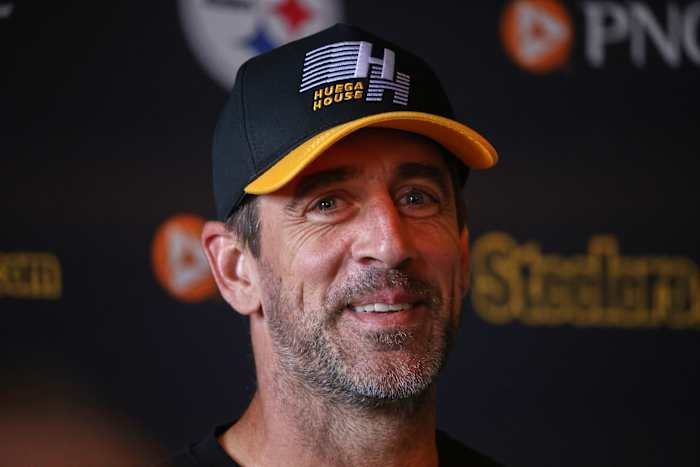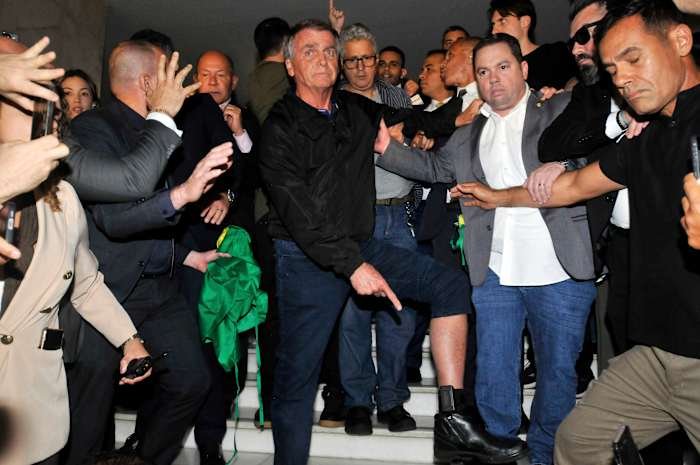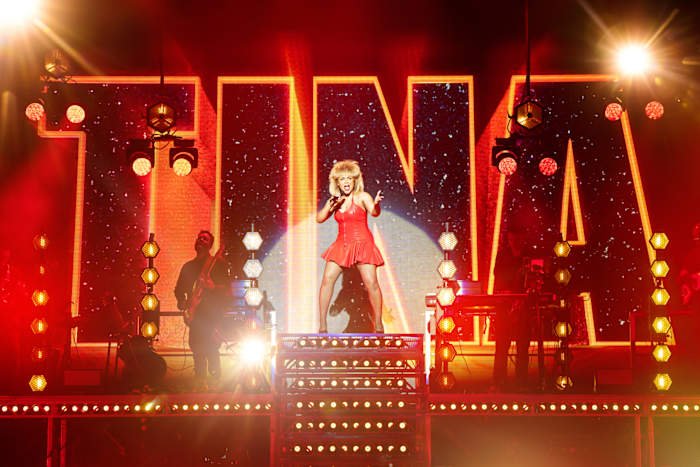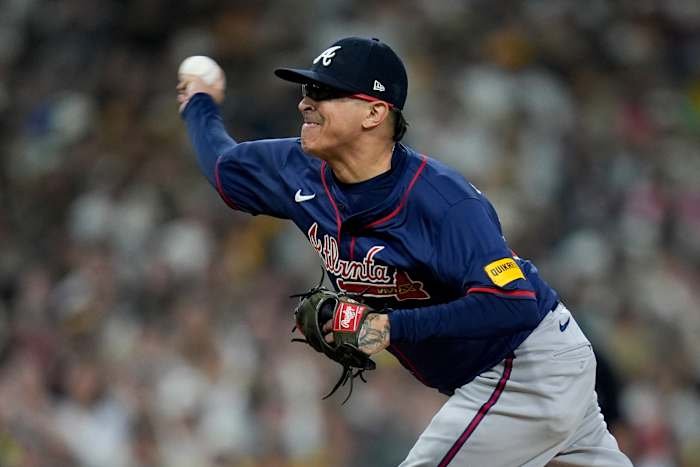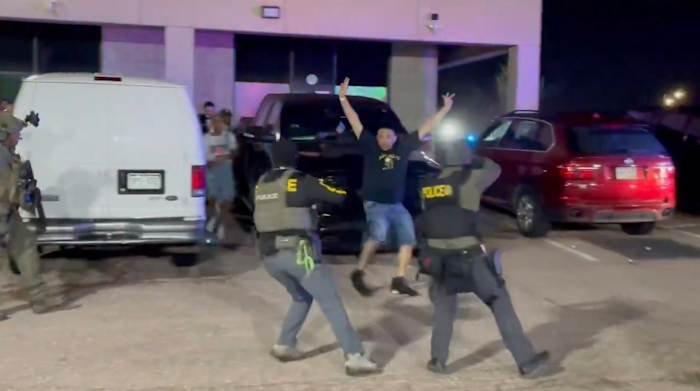Orlando, FL – As excitement builds for the 2026 FIFA World Cup, which will be hosted across the United States, Canada, and Mexico, concerns about inclusivity and safety are coming to the forefront. This week, FIFA president Gianni Infantino was pressed by African media about whether fans from Africa will be safe and welcome when they travel to the U.S. for the world’s biggest soccer tournament. The exchange has sparked conversation across the globe—including right here in Orlando, one of the cities set to host World Cup matches.
Background: World Cup Returns to the U.S. Amid Global Debate
The 2026 FIFA World Cup marks a major return for the tournament to North America, with the U.S. hosting matches for the first time since 1994. The event is expected to be the largest World Cup ever, with an expanded format of 48 teams and games played in 16 cities, including Orlando. This massive international event promises economic benefits and a global spotlight for host cities, but it also brings the responsibility of ensuring every visitor feels safe and welcome.
For African fans—whose countries have been regular participants in the tournament and whose diaspora communities are growing in cities like Orlando—questions about visa access, discrimination, and general safety are particularly pressing. At a recent press conference, African journalists directly asked Infantino if fans from their continent can expect to be treated with dignity in the U.S. Infantino assured them that FIFA is working closely with local authorities to guarantee a safe and inclusive atmosphere for everyone. But what does this mean for Orlando and its residents?
Orlando’s Role as a Host City: An Opportunity and a Challenge
Orlando is no stranger to welcoming international visitors. Known as a tourism powerhouse, the city routinely hosts people from every corner of the globe, largely due to attractions like Walt Disney World and Universal Studios. The 2026 World Cup, however, presents a unique challenge and opportunity for the City Beautiful. Hosting international sporting events means not just rolling out the red carpet, but also addressing concerns about safety, racism, and cultural sensitivity.
Local leaders have already begun discussing upgrades to stadium facilities, crowd management, and transportation. But just as important will be efforts to foster a welcoming environment for fans of all backgrounds, especially those who may be concerned about racial profiling or xenophobia. Community groups and Orlando’s burgeoning African diaspora have voiced their support for initiatives that promote intercultural dialogue and inclusion during the tournament. These efforts are crucial in ensuring Orlando’s reputation as a friendly and diverse city remains intact during the global spotlight of the World Cup.
Addressing Safety and Inclusion: What FIFA and Orlando Are Doing
FIFA has publicly committed to making the 2026 World Cup the most inclusive and accessible tournament in history. This includes working with U.S. federal and local authorities to ensure smooth visa processes, clear communication, and robust anti-discrimination measures at all venues. In Orlando, city officials are partnering with local law enforcement, tourism boards, and international community groups to create a comprehensive safety and hospitality plan.
Orlando Police Chief Eric Smith has emphasized the importance of training officers in cultural competency and anti-bias practices, given the city’s increasing diversity. Meanwhile, Visit Orlando and the Greater Orlando Sports Commission are rolling out multilingual resources and guides for international visitors. These measures are designed not just to keep people safe, but to ensure that every fan—regardless of their background—feels genuinely welcome in the city.
Why African Fans’ Concerns Matter in Orlando
The African diaspora in Orlando is vibrant and growing, with many residents tracing their roots to different countries across the continent. For these communities, the World Cup is both a source of pride and a chance to showcase their heritage to the world. However, recent incidents of discrimination in the U.S. have made some wary about whether guests from Africa will truly feel at home during the tournament.
Local organizations such as the African Leaders Council of Central Florida have called for open dialogue between city officials and diaspora groups to address any concerns ahead of the World Cup. Their advocacy has led to city-sponsored cultural events, educational workshops, and public awareness campaigns leading up to the tournament. By listening to and including the voices of African residents and visitors, Orlando hopes to set a national example of hospitality and unity during this global celebration.
Looking Ahead: Orlando’s Chance to Shine
The spotlight on FIFA’s response to African media is a timely reminder for all host cities, including Orlando, to take concrete steps to ensure safety, inclusion, and hospitality for every visitor. With preparations underway, the city has an opportunity to demonstrate its commitment to diversity—not just for the World Cup, but for every international event to come.
As plans progress, Orlando’s residents and leaders are encouraged to stay engaged, participate in community conversations, and support efforts to welcome the world with open arms. The 2026 World Cup is more than just a sports event; it’s a chance for Orlando to show that it is a place where everyone, from every corner of the globe, is truly safe and welcome.
What are your thoughts? Will Orlando rise to the challenge of creating a safe and inclusive environment for all World Cup visitors? Let us know your opinions in the comments below, and share how you think our city can prepare to welcome fans from Africa and beyond!

